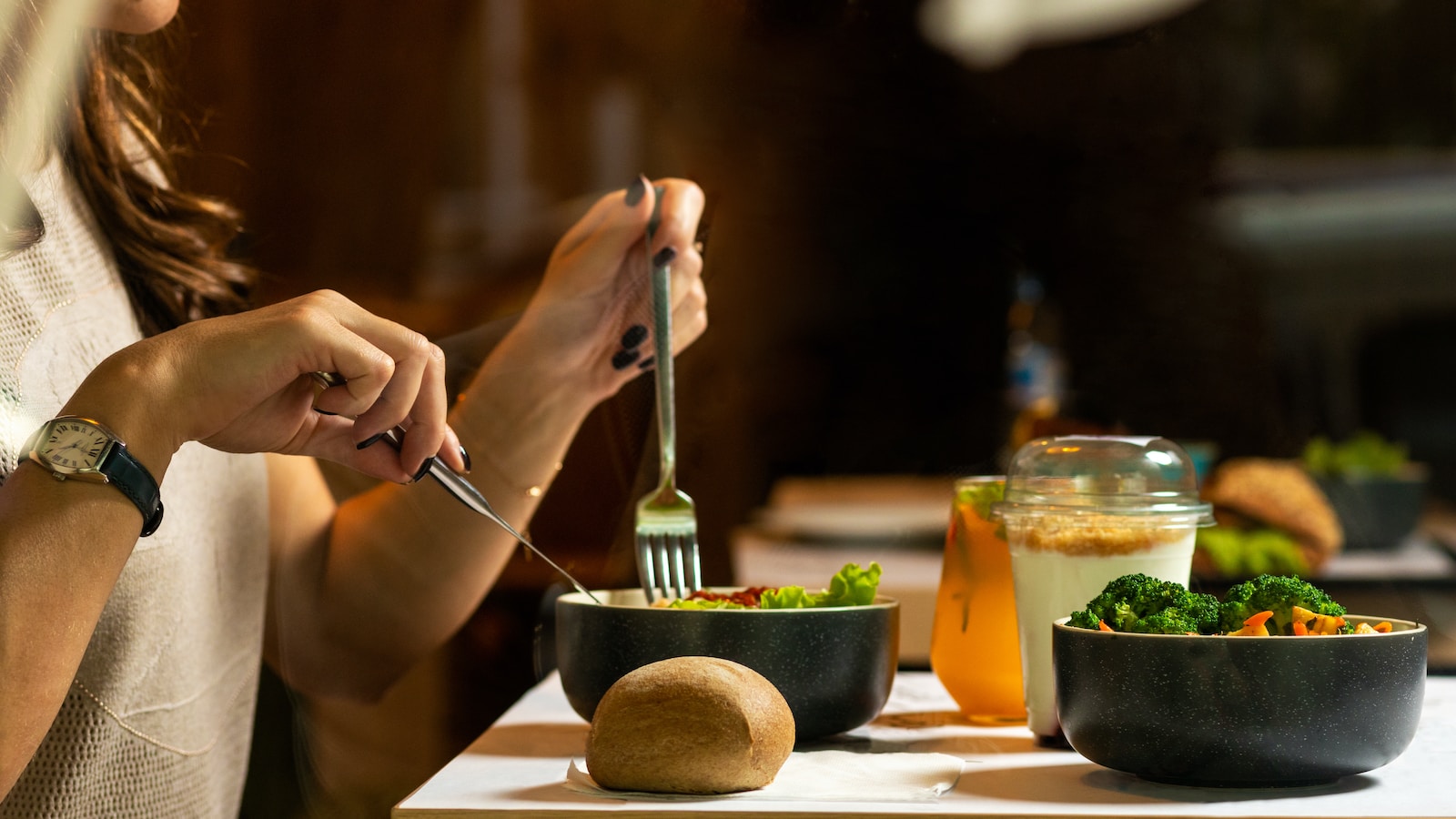Take hypertension off the table by picking the correct nutrition for your blood pressure
Blood pressure varies naturally, increasing and decreasing from time to time, but when it reaches excessively high levels, provoking a phenomenon called hypertension, it can threaten the heart, kidneys and brain. Doctors normally suggest that those who suffer from high blood pressure should reduce salt consumption. Salt is hidden in a large number of foods, some of which should be eliminated, limited or replaced by better alternatives.
Avoid frozen and pre-packaged meals
Frozen or pre-packaged meals may appear to be the best solution for those who do not have time to cook. You should however be aware of the salt content of these meals, which could be up to 1800mg per portion, particularly if you suffer from hypertension, considering the 2300 mg recommended daily allowance. The solution could be to freeze portions of meals prepared at home, which you can then consume when you do not have time to cook.
Replace salt with aromatic herbs
Kitchen salt is not the only option when looking to add flavor to your dishes. Spices and aromatic herbs such as rosemary, parsley, marjoram, horseradish, thyme, paprika, chives or dried garlic and onion are all fantastic alternatives.
Avoid ketchup and soy sauce
Ketchup, mayonnaise, mustard and especially soy sauce can contribute to raising blood pressure due to their elevated sodium content. You should therefore avoid commercially produced sauces and replace them with low-salt homemade versions to season salads or sandwiches.
Limit your consumption of canned foods
It would also be wise to minimize your consumption of canned foods containing added salt for the purpose of preservation. You should look out for the salt content in canned peas, corn and legumes. Canned legumes can easily be replaced with their dried or frozen version (without added salt).
Limit your consumption of pickled foods
Specifically olives, onions, capers, pickles and mushrooms, whose preserving fluids are often rich in sodium. Rinsing them is often ineffective in removing most of the salt. Salt is also used in the preparation of homemade preserves, in which case you can limit the quantity yourself. Other pickled foods can be substituted with their dried or fresh variety.
Beware of preserved or cured meat
Cured meats, especially when smoked or vacuum-sealed, tend to have an elevated salt content. Those who suffer from high blood pressure should always pay close attention to the sodium content displayed on the packaging if they choose to consume such foods.
Avoid chips and other salty snacks
Those who suffer from high blood pressure should carefully avoid chips, pretzels, crackers, breadsticks, popcorn and other salty snacks. These can be replaced by dried fruit and seeds, so long as they are free of added salt. You can also make salt-free popcorn at home, as well as crackers and breadsticks.
Avoid adding salt when cooking
This is one of the most frequent recommendations for hypertensive patients, which many dislike for fear of having to consume tasteless food. However, cooking without or with very little salt can be a great way to rediscover the true flavors of food. Those who suffer from hypertension should seriously limit the salt they add to foods.
Beware of cheese
Those who suffer from high blood pressure should consider the sodium content of cheese they consume. Some cheeses are particularly rich in salt, occasionally reaching a sodium content up to 8%.
Banana and dark chocolate as treats
Finally some consolation, to consume in moderation, after a list of things to give up. Dark chocolate with high cocoa content is rich in flavonoids and can therefore help dilate blood vessels, lowering blood pressure. Bananas contribute to cardiovascular health and help combat hypertension by lowering blood pressure due to their high potassium content.
Scientific articles below:
- Ideal cardiovascular health behaviors and factors prevent the development of hypertension in prehypertensive subjects (Clin Exp Hypertens. 2015 Jun 26:1-6.) http://informahealthcare.com/doi/abs/10.3109/10641963.2015.1047938
- Role of Dietary Salt and Potassium Intake in Cardiovascular Health and Disease: A Review of the Evidence (Mayo Clin Proc. 2013 Sep;88(9):987-95) http://www.ncbi.nlm.nih.gov/pmc/articles/PMC3833247/


